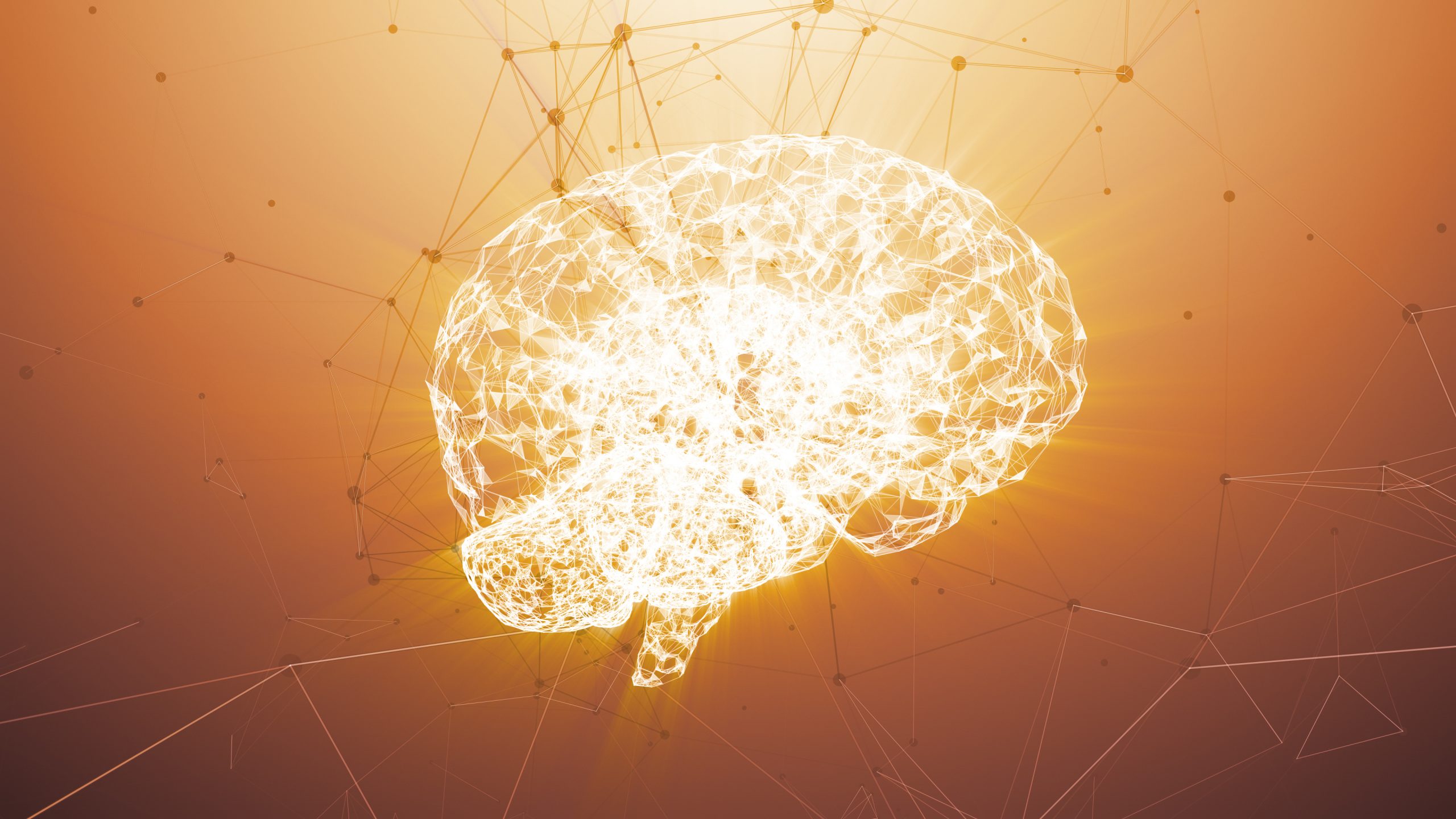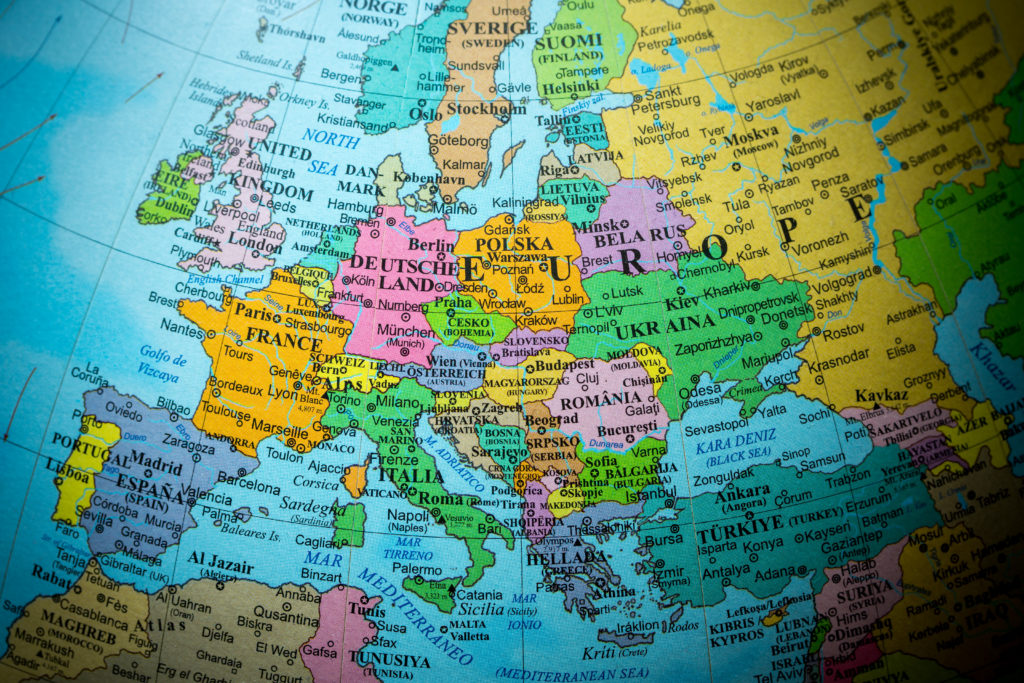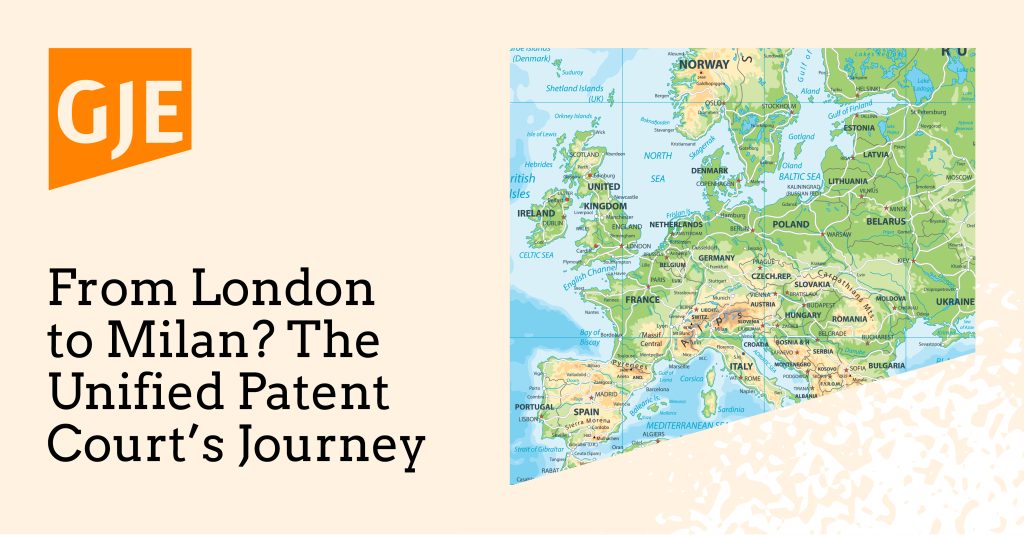
Artificial intelligence (AI) stands as a powerful tool undergoing rapid progression and adoption at the forefront of research and development. The continued growth in the importance of AI raises several questions for patent systems across the world. In particular, the issue of inventorship continues to unfold controversy, as the ‘inventor’ status is tested by patent offices worldwide.
AI Inventorship at the Intellectual Property Office of New Zealand (IPONZ)
The question of whether an AI system can be an inventor has come to light in a series of patent applications owned by Dr Stephen Thaler. One of which is New Zealand patent application 776029 in which Thaler contends that DABUS, the name given to his AI system, should be the sole inventor. In late January 2022, IPONZ issued their decision rejecting the application as DABUS is not a natural person as required by national patent law, and therefore cannot be listed as the sole inventor. While the New Zealand Patents Act defines ‘inventor’ as “the actual deviser of the invention”, the patent examiner contested that other sections of the Act referring specifically to a “person” clarify that an inventor refers to natural human persons. In fact, the decision went on to fortify the boundary of ‘human’ inventorship, stating the grant of patents for inventions devised by “life forms other than human beings” is not accommodated by the law. Interestingly, this sparks further questions as to whether animals may legally hold IP rights, drawing parallels to the “macaque selfie” copyright dispute that ended in 2018.
AI Inventorship at the European Patent Office (EPO)
Thaler recently suffered a further (and final) setback in his attempt to name DABUS as an inventor for his European patent applications EP 18 275 163 and EP 18 275 174. The EPO’s Receiving Section refused both applications on the basis of a deficiency in the designation of the inventor.
The long-haul endeavour by Thaler to gain recognition of AI systems as inventors in Europe has now run its course with the issuance of two landmark decisions by the EPO’s Board of Appeal. With these decisions came the confirmation that a patent application cannot succeed without a natural person as a named inventor, thus affirming the position of the Receiving Section in each case (see J 8/20 and J 9/20). The EPO concluded that the “inventor” status has certain legal rights attached that can only be exercised by a natural person endowed with “legal personality”.
The legal framework governing European patents, the European Patent Convention (EPC), dates back to 1973 – a time when AI systems were not considered capable of inventing anything – and so does not indicate that patents may be granted other than to a person. However, the EPC does not explicitly exclude the designation of AI systems as inventors, nor indeed specify what is required to gain the status of inventor. That said, it is clear that the EPO is not currently prepared to allow AI systems to be listed as sole inventors.
Whilst the EPO has established its position on the issue of inventorship regarding AI systems, the New Zealand decision does not necessarily mark the end of the DABUS saga at the IPONZ. Thaler has appealed almost all of the cases in other jurisdictions to a higher authority. Still, the matter remains up for debate in other jurisdictions, and if national patent offices start allowing AI to be named as inventors, it will be interesting to see whether the EPO will be forced to reconsider its position.
AI Inventorship at the United Kingdom Intellectual Property Office (UKIPO)
In September 2021, the UK Court of Appeal came to a decision on whether AI systems could hold inventorship for their creations that sat neatly in line with the EPO’s conclusion. The Court concluded that a patent application must identify at least one human inventor. We previously reported this in our article: UK Court of Appeal Reaches a Decision on AI Inventor Case.
Notwithstanding this, just one month after the Court of Appeal reaching its decision, the UK Government launched a consultation seeking views to the extent that patents should protect inventions created by AI. The primary objective of this consultation is to foster a new approach to AI-generated IP, capable of encouraging the continual development of and investment in AI systems that are not harmful to the competition that drives innovation. The Government has previously sought views via an earlier consultation on the relationship between AI and intellectual property, and the impact of AI on the intellectual property framework. Certainly, the later consultation delves deeper than the first, asking more generally whether changes must be made to the intellectual property framework in order to make room for the surge in AI-related innovation. These consultations appear to be in line with the UK Government’s national strategy to make Britain an AI superpower over the next ten years. As one of the most digitally-advanced economies, developing an environment suitable for the growth of AI innovation is key for the UK to become a global hub for cutting-edge research and development.
Indeed, there are risks associated with developing ground-breaking policies. Overly liberal rules for AI-devised innovation could lead to larger entities, with greater access to more advanced AI machines, smothering the progression of SMEs and single inventors who are comparatively behind the AI development curve. Notably, the issue of endowing “legal personality” to an AI machine is, perhaps, beyond the scope of patent systems, and it may be likely that broader legal developments are required to make these significant changes. Alternatively, failure to identify the correct inventor could lead to natural persons who have not meaningfully contributed to the invention being wrongly credited with inventorship, which has a knock-on effect on patent ownership. Further, discouragement of AI-based innovation could trigger an increase of trade secrets and result in decreased investment across the broader industry.
Evidently, the UKIPO feels the necessity to accommodate this ever-growing technology as we strive towards the moment in which human input is no longer a requisite for AI-based inventions and the advent of artificial general intelligence. Exactly how to address this challenge, whilst simultaneously preserving intellectual property rights, is a pivotal question to which we currently have no answer.
If you would like to discuss the matter of inventorship, particularly of AI-derived innovation, please contact Samantha Wallworth, or Ian Jones.

